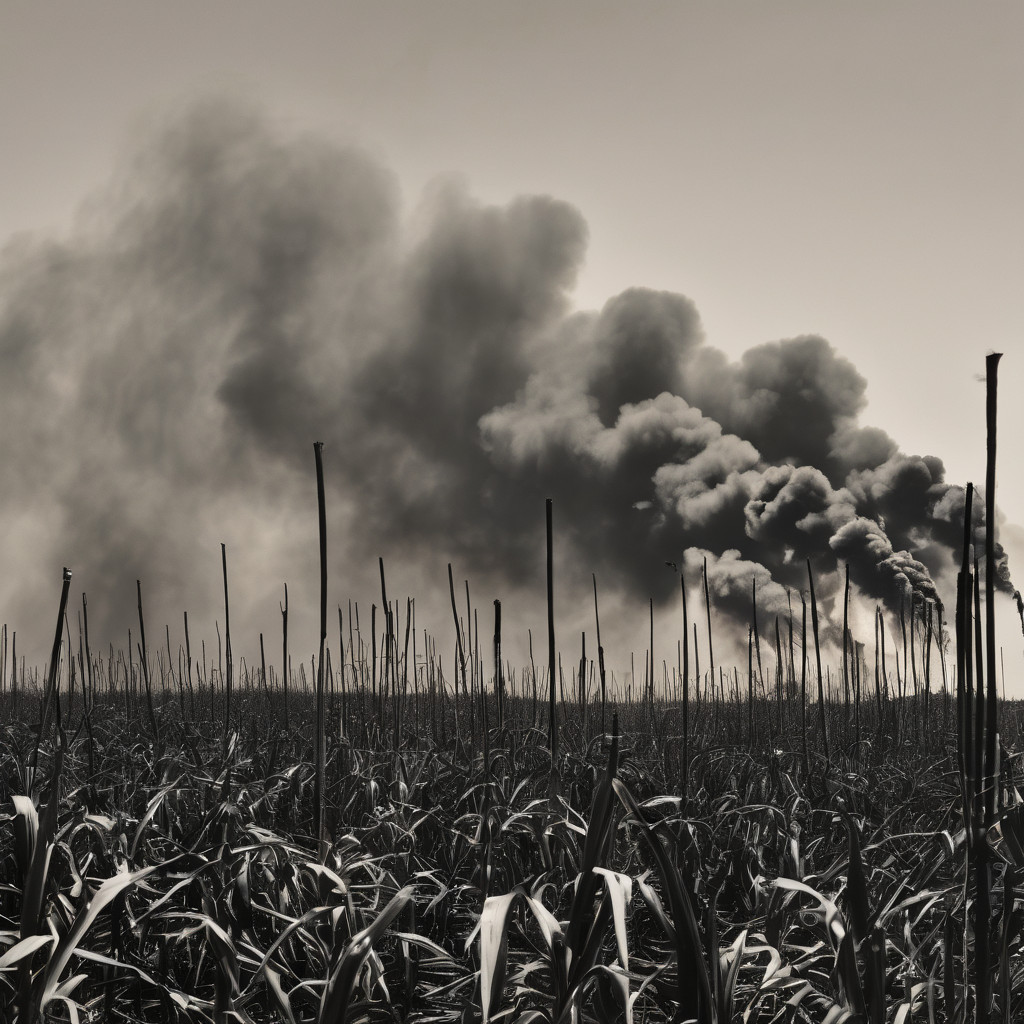The National Farmers Union (NFU) has urged the Fiji Sugar Corporation (FSC) and the Sugar Industry Tribunal to lift the burnt cane penalty for sugarcane delivered to the Lautoka Mill. This request comes in response to the recent closure of the Rarawai Mill due to a fire that severely damaged its power house and electrical systems. NFU General Secretary Mahendra Chaudhry emphasized that the Rarawai Mill’s shutdown has resulted in a significant logistical burden, as all cane from the Viti Levu cane belt must now be processed by the Lautoka Mill. This has caused congestion and delays in unloading burnt cane, with some sugarcane remaining stored for up to 6-10 days before milling.
Chaudhry criticized the imposition of a $7 per tonne penalty on farmers, arguing that they should not be blamed for the delays caused by the Rarawai Mill disaster, which he attributes to FSC negligence. The NFU asserts that the FSC should be held accountable for these adverse outcomes rather than punishing farmers who are facing logistical challenges beyond their control.
As the situation unfolds, questions have been directed to Sugar Industry Minister Charan Jeath Singh and FSC CEO Bhan Pratap Singh, demanding explanations and potential solutions to the mounting issues within the sugar sector.
The calls for a burnt cane penalty waiver arise amidst ongoing challenges faced by the Lautoka Sugar Mill, which has previously experienced multiple breakdowns and inefficiencies in its operations. Farmers have expressed their dissatisfaction with both the management and technical performance of the mills, which they argue have not met the industry’s needs.
This current predicament highlights the vulnerability of Fiji’s sugar industry infrastructure, pointing to a need for strategic investment and modernization to ensure the sector’s resilience. While the immediate focus is on mitigating the fallout from the Rarawai Mill fire, broader systemic reforms, and infrastructural improvements are essential to securing the industry’s long-term viability. Despite these setbacks, the collective efforts and resilience demonstrated by stakeholders provide a sense of optimism for the sugar industry’s future stability and prosperity in Fiji.
